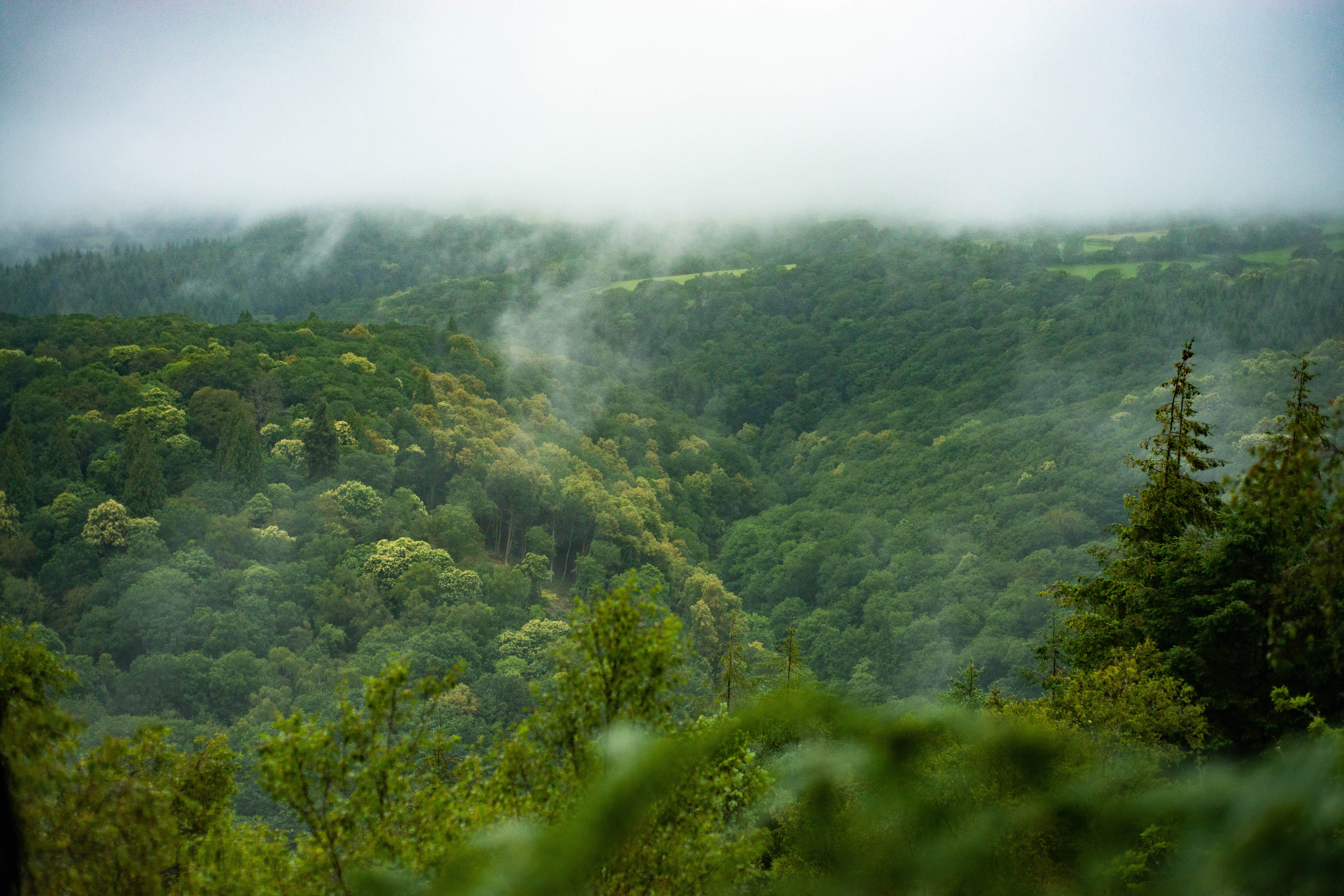‘Irreplaceable habitats’ can be saved with £1bn five-year plan, says charity
Only 9% of England’s native woods are in good condition and one third of all woodland species are in decline, according to a report.

A £1 billion five-year plan is needed to save England’s ancient forests, which are more polluted, damaged and contain less wildlife than at any other point in history, the Woodland Trust has said.
The charity warned that this is the last generation with the time to protect and restore unique habitats such as the temperate rainforests in the west of the UK.
Its plan, which it said would cost 4% of the Government’s road building budget and 1% of HS2’s price tag, sets out how to reverse the problems identified in its 2021 report State of the UK’s Woods and Trees.
That report showed how only 9% of England’s native woods are in good condition and one third of all woodland species are diminishing.
Once these unique habitats are gone, so will the species that depend on them. We really are the last generation who has the time remaining on this ticking clock to restore these irreplaceable habitats
The lesser spotted woodpecker has declined by 83% since 1970 and hazel dormice by 48% in the last 10 years while hedgehogs, once a common nocturnal garden visitor, have declined by 70% since 2000.
Deforestation, loss of hedgerows and pollution are the main drivers of these declines, the Woodland Trust said.
Last year, the Government committed to protecting and restoring 30% of nature on land and sea by 2030 and the Woodland Trust said forests are key to that.
Dr Darren Moorcroft, the charity’s chief executive, said: “This is a crisis which has accelerated within the lifetimes of many of our political leaders so we’re asking them to act and invest in the restoration of these irreplaceable habitats.
“Central to averting a catastrophe in our natural world, this investment is a no-brainier. Invest today and see the benefits literally grow and deliver for people and nature for decades.
“Compared to the cost of more than £27 billion being spent over five years on a roads investment strategy, our call to action asks less than 4% of that.
“The cost also equates to building just three miles of HS2 track. The time is now, as we know we’ll all pay a much higher price if Government misses this opportunity to act.”
The trust said half of all the ancient woodland left in England, including temperate rainforest, is under “outdated” plantation forestry, which was planted for quick-yield timber but has suffocated local species and caused rapid loss of life.
Conservationists hope that with the right help, native tree seeds lying dormant in these areas will germinate and regrow the original forest.
Funding of around £200 million will be needed to restore half of the 90,000 hectares of privately owned ancient woodland, said the trust, which pointed to one of its projects on Dartmoor as proof that restoration is possible.
Along with the National Trust, it has cleared artificially planted conifers in Fingle Woods to make room for native species including birds, bats, lizards and dormice, which after 10 years are returning, it said.
The Woodland Trust also recommends increasing tree cover in towns and cities to a minimum of 16% and proposes ensuring that all new housing developments guarantee a minimum of 30% tree cover.
“Stepping stones” for wildlife could also be created, such as small copses that would allow animals to rest and take shelter.
Louise Wilkinson, Woodland Trust policy lead for nature recovery and co-author of the new report, said: “Now covering less than 2.5% of the UK, our ancient woods – including globally rare temperate rainforest – are on the brink and little progress is being made despite legally binding targets to halt the decline of nature by 2030.
“These woods are not supporting the diversity or abundance of species they could and should.
“Prioritising their restoration is vital if we are to meet, and ideally exceed, this target and then increase the abundance of wildlife by 10% by 2042. As it stands, most are degrading.
“Once these unique habitats are gone, so will the species that depend on them. We really are the last generation who has the time remaining on this ticking clock to restore these irreplaceable habitats.”
Bookmark popover
Removed from bookmarks